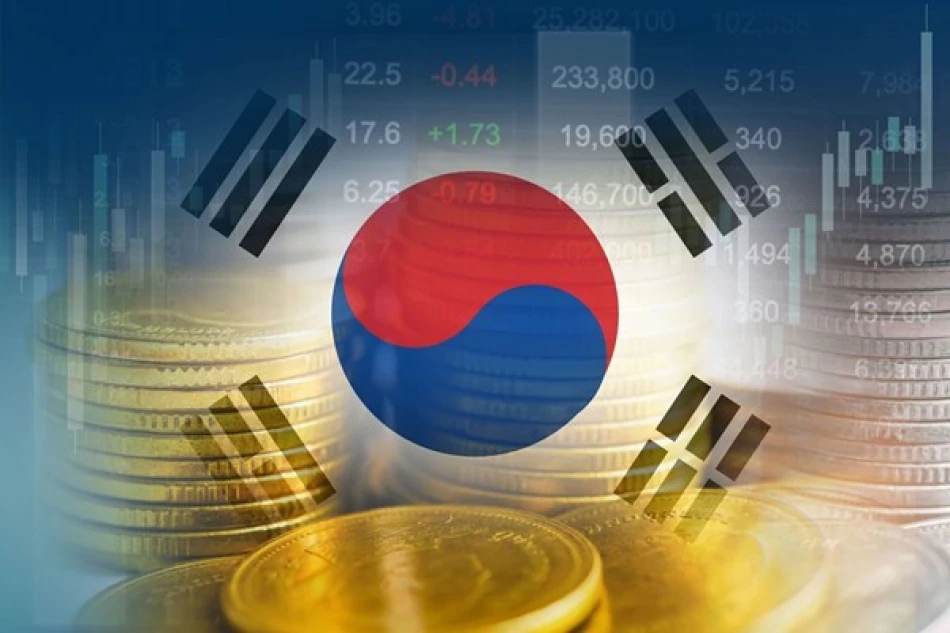
Foreign Investors Flock to Korean Stocks, Hitting 17-Month High
Foreign Investors Pour $4.5 Billion Into South Korean Stocks, Breaking 17-Month Record
International investors have dramatically reversed course on South Korean equities, injecting a net $4.52 billion into the country's benchmark KOSPI index during July—the highest monthly inflow in 17 months. This surge, driven largely by Samsung Electronics and government stimulus optimism, signals renewed confidence in Asia's fourth-largest economy after nine consecutive months of foreign selling.
The Turnaround: From Exodus to Enthusiasm
The scale of this reversal is striking. Foreign investors dumped Korean stocks for nine straight months from August 2024 through April 2025, but July's 6.28 trillion won ($4.52 billion) net purchase represents the largest monthly inflow since February 2023, when foreigners bought 7.86 trillion won worth of shares.
This isn't just a minor uptick—it's a fundamental shift in sentiment. After maintaining net buying positions for three consecutive months from May through July, international money managers appear to be repositioning Korea as an attractive emerging market play.
Samsung and Tesla: The Catalyst Behind the Rally
Samsung Electronics dominated foreign buying activity, accounting for 56% of total net purchases with 3.49 trillion won in inflows. The tech giant's stock surge coincided with reports of a major supply agreement with Tesla, reinforcing its position as a critical player in the global electric vehicle ecosystem.
This partnership highlights a broader trend: Korean companies are increasingly embedded in next-generation technology supply chains, from semiconductors to battery manufacturing. Shipbuilder Hanwha Ocean ranked second in foreign purchases with 858 billion won in net buying, reflecting growing optimism about Korea's industrial capabilities.
Government Stimulus Fuels Market Confidence
The buying spree coincides with renewed government efforts to revitalize Korea's stock market, which has long traded at a discount to regional peers despite the country's technological prowess. Seoul's latest stimulus measures appear to be gaining traction with international investors who previously viewed Korean equities as undervalued but structurally challenged.
This government intervention mirrors similar efforts across Asia, where policymakers from China to Japan have implemented market-friendly policies to attract foreign capital and boost domestic valuations.
Regional Context: Korea's Competitive Position
Korea's recent foreign inflow surge contrasts sharply with mixed sentiment across other Asian markets. While Singapore and Hong Kong continue attracting steady flows, and India faces periodic volatility, Korea's combination of technological leadership and attractive valuations is creating a compelling investment narrative.
The sustained three-month buying streak suggests this isn't merely speculative hot money, but rather a strategic reallocation by institutional investors seeking exposure to Korea's export-driven recovery and technological innovation.
Market Implications: Momentum Building
For traders and portfolio managers, Korea's foreign buying momentum indicates potential for sustained outperformance, particularly if the Samsung-Tesla partnership materializes into broader technology sector gains. The concentration of buying in large-cap names like Samsung suggests institutional investors are prioritizing liquid, established players over speculative positions.
However, the sustainability of these flows will depend heavily on Korea's ability to maintain export competitiveness amid global trade tensions and whether government stimulus measures translate into genuine economic growth rather than temporary market euphoria.
Most Viewed News

 Layla Al Mansoori
Layla Al Mansoori






